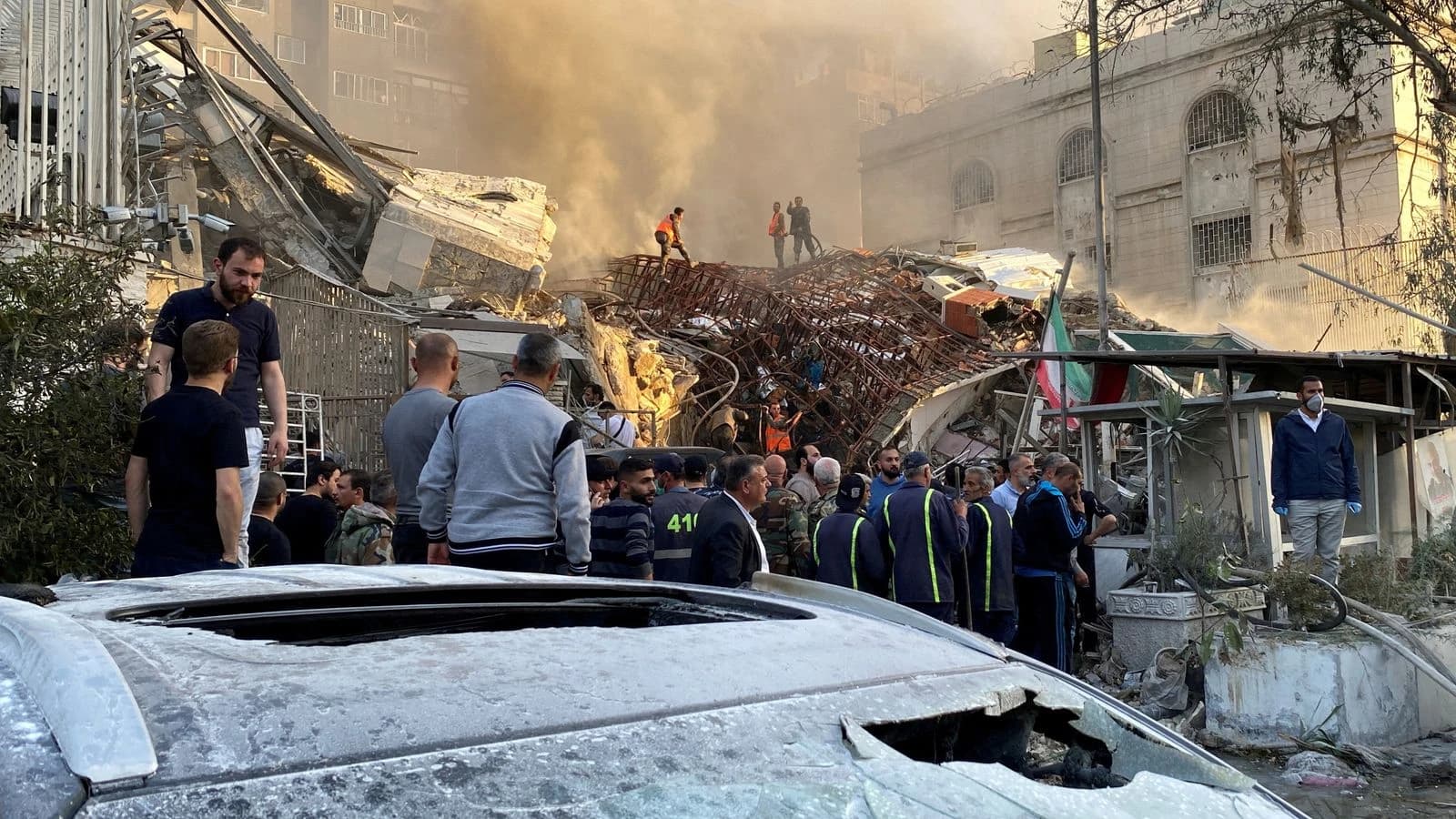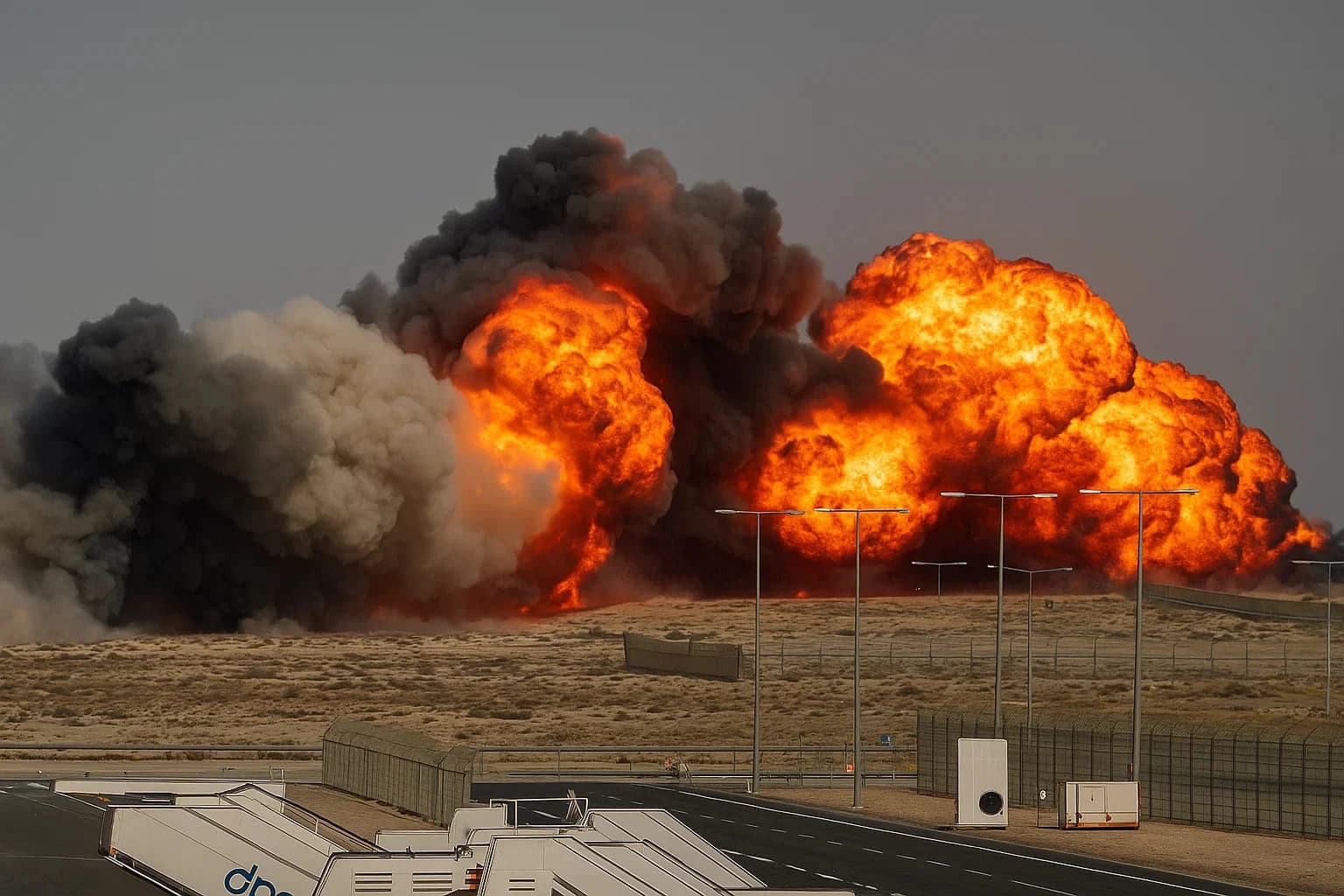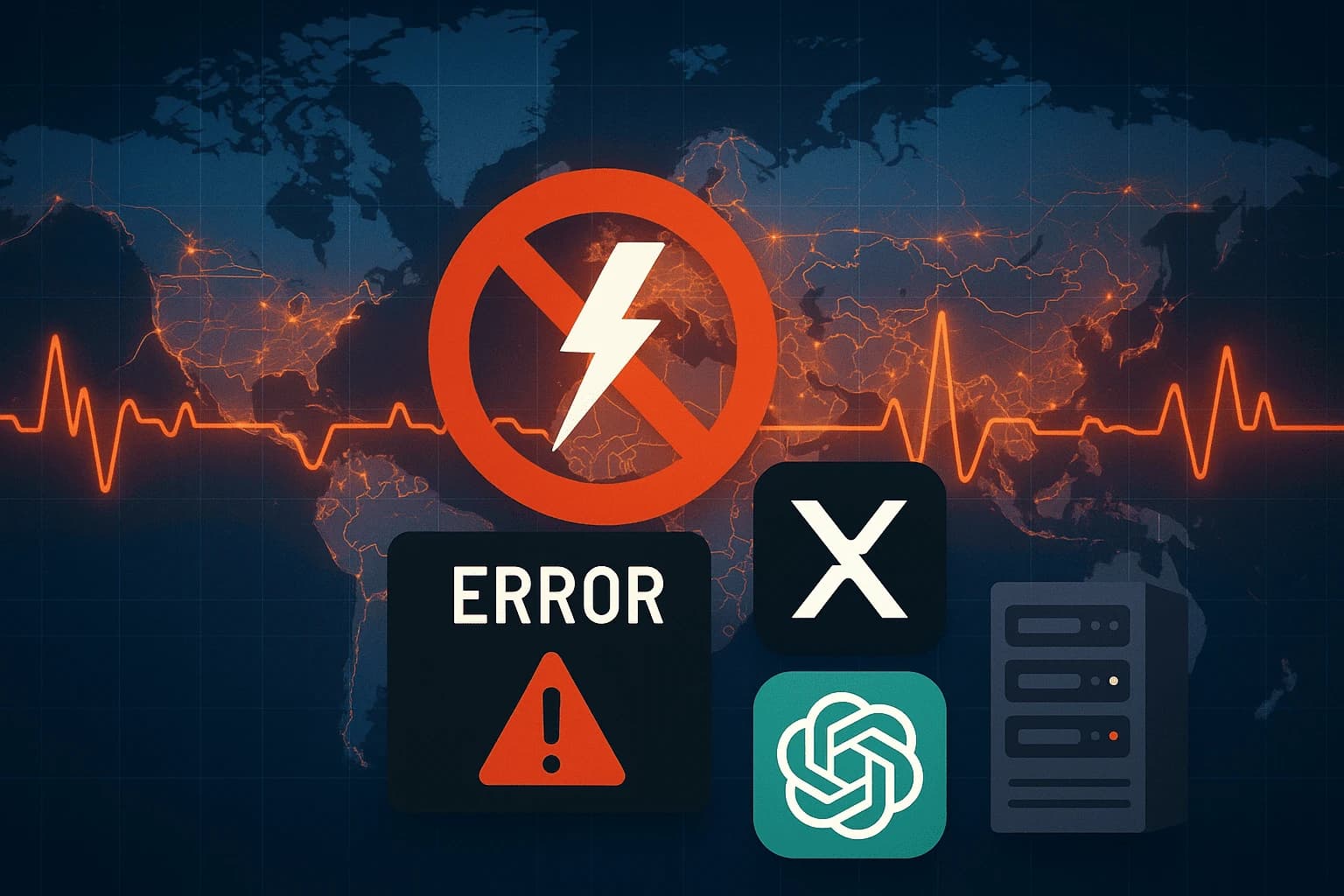© 2025 Roz UpdatesbyTETRA SEVEN

* All product/brand names, logos, and trademarks are property of their respective owners.
In a dramatic escalation of Middle Eastern tensions, Israel launched a series of coordinated airstrikes early Friday morning targeting critical Iranian military infrastructure and nuclear development sites in and around Tehran. The operation, confirmed by multiple regional sources and Israeli military officials, is one of the most significant direct military engagements between the two nations in recent years and has already sparked fears of a broader regional conflict.
According to preliminary intelligence, the Israeli assault—dubbed Operation Rising Lion—focused on nuclear enrichment facilities believed to be operating in violation of International Atomic Energy Agency (IAEA) agreements, as well as command centers affiliated with Iran’s Islamic Revolutionary Guard Corps (IRGC).
At least 12 precision-guided missiles struck near the Natanz nuclear complex and suspected underground bunkers in Parchin, both previously identified by Western intelligence as centers for uranium enrichment and advanced weapons research.
The airstrike commenced around 3:15 a.m. local time, with reports of loud explosions and plumes of smoke rising from eastern Tehran and Natanz. Israeli aircraft reportedly used long-range munitions, possibly launched from outside Iranian airspace, including stealth-capable drones and satellite-guided missiles.
Satellite imagery reviewed by independent defense analysts shows significant structural damage to facilities believed to house Iran’s centrifuge systems and weapons testing labs.
Speaking at a press conference in Jerusalem, Israeli Prime Minister Benjamin Netanyahu declared the mission a success, citing "an urgent and existential threat" posed by Iran’s nuclear ambitions. “We will not sit idle as the Iranian regime edges closer to nuclear breakout. Tonight’s operation was a defensive necessity,” Netanyahu stated.
Israel has not yet released casualty figures, but Iranian media outlets suggest multiple high-ranking IRGC officers may have been killed, including unconfirmed reports regarding Major General Hossein Salami, the IRGC’s top commander.
In Washington, the White House confirmed that it was notified of the strike “shortly before execution,” though it did not endorse the operation publicly. “We are monitoring the situation closely and urge all parties to avoid escalation,” said John Kirby, the U.S. National Security Council’s Coordinator for Strategic Communications.
European reactions were mixed. France, Germany, and the United Kingdom jointly expressed concern over regional stability, calling for a renewed push for diplomatic resolution. Meanwhile, Gulf countries like Saudi Arabia and the United Arab Emirates have so far remained silent, though regional media outlets report heightened military readiness in several capitals.
The United Nations Security Council scheduled an emergency session for Friday evening. U.N. Secretary-General António Guterres issued a statement urging “maximum restraint by all parties” and reiterated the need for international dialogue to resolve the nuclear standoff.
Oil markets reacted sharply, with Brent crude surging by over 7% to $96 per barrel amid concerns over supply disruptions through the Strait of Hormuz, through which a third of global seaborne oil passes. Financial analysts warned that prolonged military action could push oil prices into triple digits, potentially affecting economies heavily reliant on imports.
This development marks a new chapter in the decades-long hostility between Iran and Israel, which has played out through cyber warfare, proxy conflicts in Syria and Lebanon, and high-profile assassinations. While Israeli officials maintain that the operation was a “limited tactical strike,” analysts note that the broader implications could be far-reaching, with the potential to alter the security calculus across the Middle East.
As of this publication, Iran has not released an official casualty count, nor has it confirmed the extent of damage to its nuclear infrastructure. Global observers now turn to Tehran’s next move—and the international community’s response to a conflict that could redraw regional alliances and heighten global insecurity.

22 November 2025

18 November 2025
No comments yet. Be the first to comment!